The Government has committed £63 million to help break down barriers to operating electric vehicles (EVs) and boost charging infrastructure across the UK.
In a move that will be welcomed by the fleet and leasing sector, £25m has been earmarked for local authorities to install cross-pavement technology that enables cables to run safely beneath pavements and allow roadside charging from a domestic energy source, saving drivers hundreds of pounds.
A further £30m will help fleets develop depot charging facilities and £8m will be used to power electric ambulances and medical fleets across more than 200 NHS sites.
The news comes as the Government promises further EV funding announcements this week, including the reported re-launch of the plug-in car grant (PiCG).
Statistics from the Government’s English Housing Survey (EHS) suggest that approximately eight million households (32%) in England do not have access to off-street parking, such as a drive, garage or residential car park.
However, of those, almost four million households (16%) have access to ‘adequate on-street parking’ and could benefit from the installation of cross-pavement solutions.
New planning guidance was issued in January, to help local authorities in England develop policies about their safe and effective use.
It provided information on the areas, regulations and processes to consider when forming policy. It also included case studies of local authorities that have successfully trialled installations.
West Berkshire Council became one of the first UK councils to offer a through-pavement system for charging EVs to all of their residents, last year.
Cross-pavement charging channel provider, Kerbo Charge, which is already working with 30 local authorities, welcomed the funding boost.
Kerbo Charge co-founder Michael Goulden said he was “delighted” by the news, adding that for “far too long” many UK households have faced an “unfair barrier” to EV adoption, because they do not have a driveway.
He explained: “The ability to charge safely, cheaply and conveniently at home will make a huge difference to these motorists and should significantly boost the rate of EV adoption.”
Kerbo Charge has a waiting list of 12,000 drivers to have one of its channels installed outside their home.
However, Goulden says that they are currently unable to do so, either because of affordability or because their local authority has not yet authorised it.
“This funding announcement addresses both of these issues head-on, demonstrating the Government’s backing for cross-pavement charging and subsidising the cost for tens of thousands of UK households,” he added.
New depot charging grant scheme
Alongside the boosts for electric car drivers, the Government is also launching a major new grant scheme to help businesses install charging points at depots nationwide, supporting the nation’s heavy goods vehicles (HGVs), vans and coach drivers in the transition to zero emissions.
Logistics UK’s deputy policy director, Michelle Gardner, welcomed the deport charging scheme, which will support operators looking to install infrastructure.
However, she said: “Challenges still exist for the logistics sector on the road to decarbonisation – the public charging infrastructure for commercial vehicles is still woefully underpowered and requires an effective plan to ensure it is scaled rapidly.
“To address wider challenges with depot charging, our sector must be prioritised for grid connections with high and opaque costs being addressed.
“We will be maintaining close contact with Government over the coming weeks to ensure that these issues are addressed at pace.”
Michael Shaw, co-founder and CEO at Aegis Energy, also welcomed the £30m investment to help develop commercial transport charging facilities.
“This funding shows that the Government not only supports, but is prioritising fleet transition, with just under half of the £63m in EVs going to commercial transport,” he said.
“The tide is turning; fleet owners are increasingly championing the long-term financial and environmental benefits of decarbonising commercial transport and this funding will help them realise those benefits.”
NHS fleets to receive charge point funding
The NHS in England is also receiving a major sustainability upgrade with an £8m fund – the NHS charge point accelerator scheme – to power the electrification of ambulances and medical fleets across over 200 NHS sites.
“We know access to charging is a barrier for people thinking of making the switch, so we are tackling that head on so that everyone - whether or not they have a driveway - can access the benefits of going electric,” said transport secretary Heidi Alexander.
“Our investment is about more than just charging points, it’s about charging up Britain’s economy.
“I’m proud that through this boost, we are helping deliver cheaper bills for families, massive savings for the NHS to reinvest in patient care, and thousands of new green jobs.”
EV charging signage on major roads
Included in the funding announcement from the Department for Transport (DfT) was a commitment to make immediate changes to allow larger EV charging hubs to be signposted from major A-roads for the first time.
Recent research from the AA revealed that drivers wanted signs to identify where public EV charge points are located.
More than half (56%) of the 8,268 prospective EV drivers said that steps such as a clearer, universal sign should be used to help chargers stand out, alongside totem pole pricing boards used at fuel forecourts (51%), as well as including charge points on built-in sat-navs for petrol and diesel cars (52%).
Edmund King, AA president, said: “There are more public chargers than people realise, but they are often hidden in plain sight.
“Increasing signs for the public network is vital to help the EV transition as it will create confidence for drivers both now and in the future.”
Delvin Lane, CEO at InstaVolt, also welcomed the signage announcement, describing it as a “crucial step”.
“This marks a major milestone for the EV industry and drivers across the UK,” he added.
Ian Johnston, CEO at Osprey, said he was looking forward to continuing to work closely with ministers and officials to achieve “clear signage for the hundreds of high-quality EV charging hubs being opened across the nation”.
Tom Middleditch, head of electric mobility at Europcar Mobility Group UK , added: “The DfT’s announcement will help address the fact that more often than not the infrastructure is available – it’s just that motorists don’t see the signs for it.”

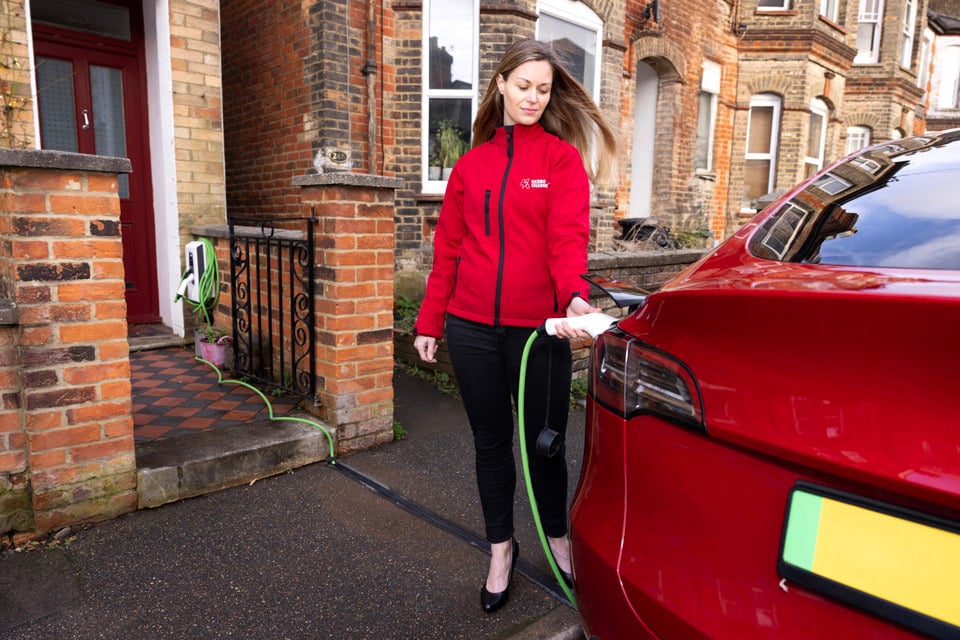




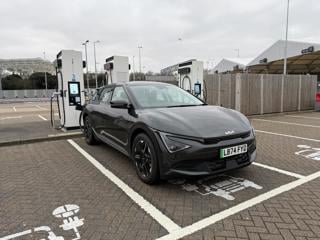

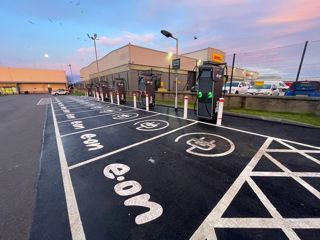
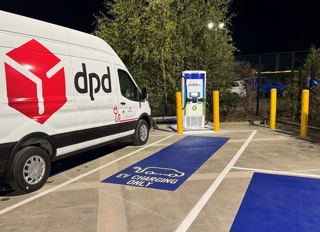

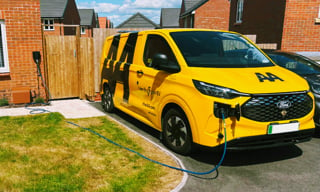












Login to comment
Comments
No comments have been made yet.